Description
“Wexler deserves praise for her ambitious synthesis of research on autistic intelligence and for her exploration of autistic creativity”
– Mark Osteen, Disability Studies Journal
“Alice Wexler’s Autism in a Decentered World offers a novel epistemology of autism that valorizes autistic ways of experiencing by celebrating the artistic expressions of self-identified autistic people. It raises interesting and ultimately unanswerable ontological and epistemological questions about human consciousness/perception, artistic difference and the politics of representation. This book introduces readers to artists whose work has been under-valued because of othering, [and it] politicizes art by emphasizing its world-disclosing capacities…”
– Majia Nadesan, Professor, School of Social and Behavioral Sciences, Arizona State University, US
“What does it mean to be human? Alice Wexler in Autism in a Decentered World presents a stimulating and wide-ranging text that interrogates the philosophical, neurological, and neuropsychological theories that underpin neurotypical ideas of selfhood. Through this analysis she challenges ideas of the autistic consciousness as being defective or disordered and instead considers the limitations of the neurotypical observer in their claims about the nature of the autistic mind […] Wexler charts some current debates around the inclusion of those with intellectual disabilities in the movement and the resulting tensions around the theorizing of impairment, the importance of self-representation, and the erosion of the perspectives of disabled people in mainstream narratives. In doing so, Wexler aims to challenge the way in which the neurotypical observer constructs difference, and what that construction itself reveals about the neurotypical mind.”
– Jennie Hayes, ESRC Postdoctoral Research Fellow, University of Exeter, UK. In the Journal of Literary & Cultural Disability Studies, 15.1 (2o21) Liverpool University Press, UK
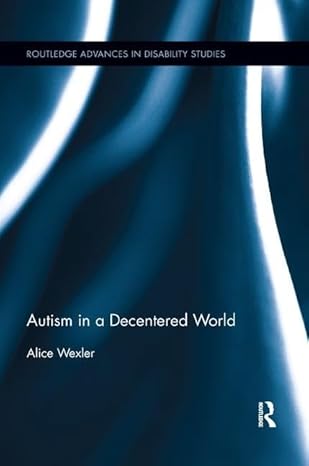
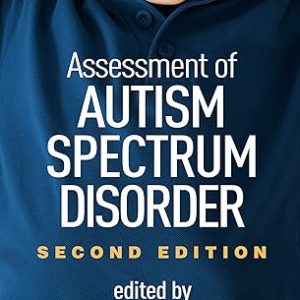
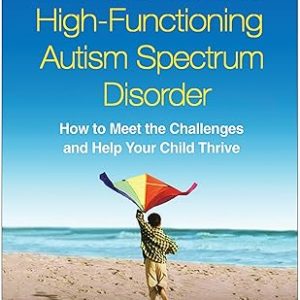
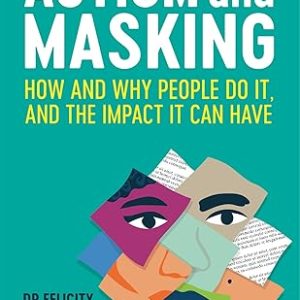
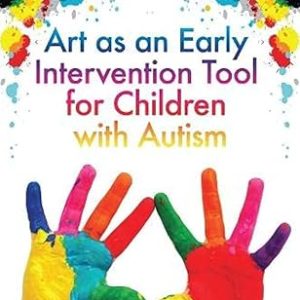
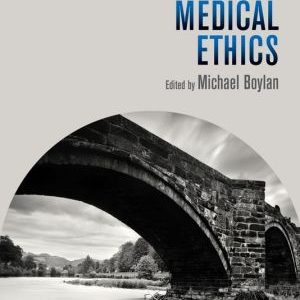
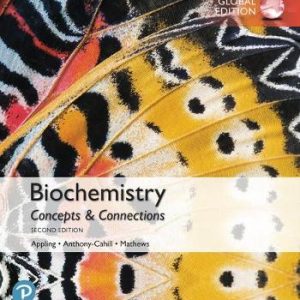
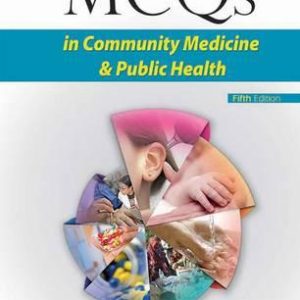
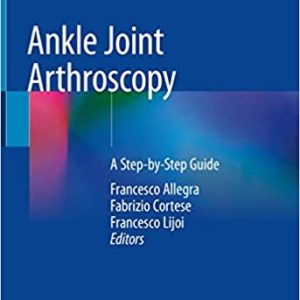
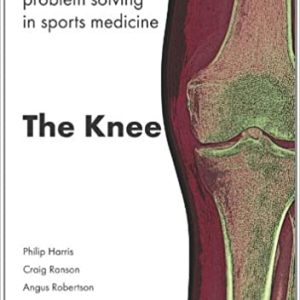
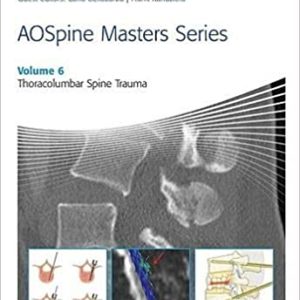

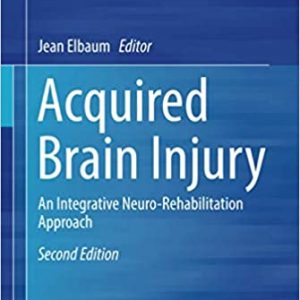
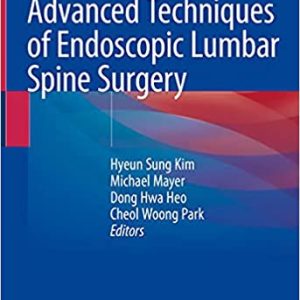
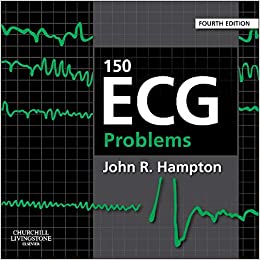

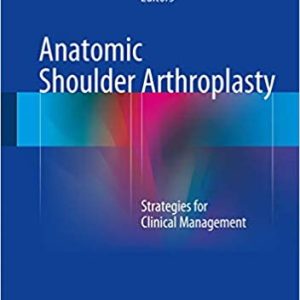
Reviews
There are no reviews yet.